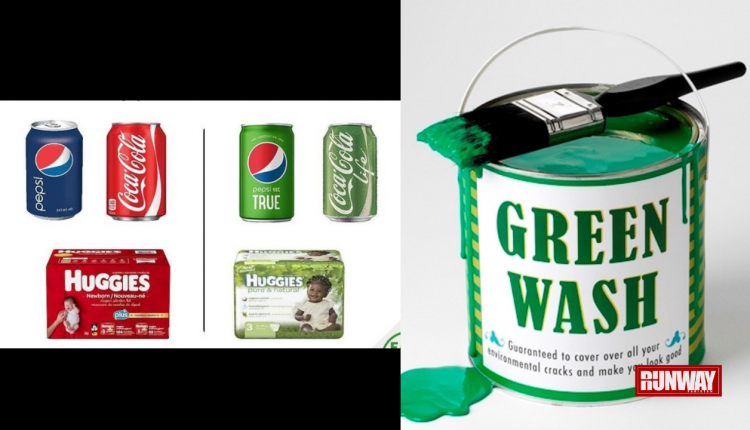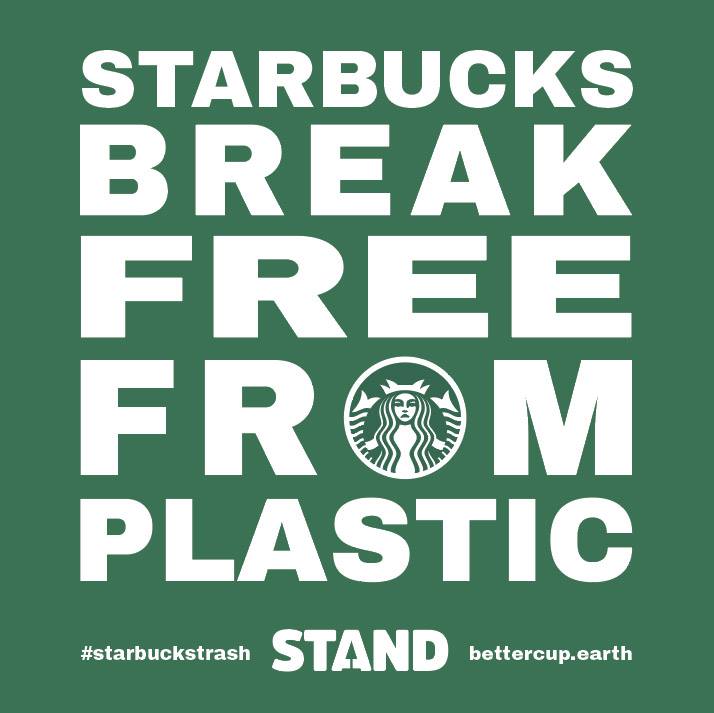Greenwashing: Are You A Victim of This Capitalistic Evil
Being able to recognise when a company is using greenwashing tactics is imperative for climate change. A guide to always be on the lookout of this PR stunt.
“All-natural”, “environmentally friendly”, “100% organic” – how many times have you seen or heard these lines? These are greenwashing tactics.
What is Greenwashing?
Greenwashing is when a company, brand or organisation spend more time and money on marketing themselves as environmentally friendly than on actually minimising their environmental impact. It is a PR stunt intended to mislead consumers who prefer to buy goods from manufacturers that are environmentally conscious.
Misleading Packaging

One of the most common advertising gimmick used by manufacturers is literally ‘greenwashing’ their products. You will often find products packaged in the colour green with pictures of trees and nature with no evidence to back it up. Moreover they add words such as ‘eco-friendly’, ‘green’ or ‘sustainable’ without any evidence to back these claims up. These claims are false without any financial statements, certifications, audits or emission disclosures.
This malpractice is used to misdirect consumers who have pure intentions. Greenwashing is very common in the fast fashion industry (companies that promote ‘sustainable’ lines whilst being fast fashion). Not only does this phenomenon normalise being complicit in terms of environmental practices, it also normalises lying to customers to make profit off of do-gooders.
Signs
Although there are a few tried and painfully obvious tactics that have been overused, there are, however, some more nuanced signs to look out for.
Throwing around ‘vegan’
 Many brands have started to claim that their products are ‘vegan’- while this may be true and great for vegans, it may also be another greenwashing stunt. Stating ‘vegan’ does not necessarily make that product safe, clean or healthy for the environment. Animals may have not been harmed in the manufacturing of these goods however, other harmful substances such as chemicals and other preservative may have been used that are still harmful to the human body and toxic to the environment.
Many brands have started to claim that their products are ‘vegan’- while this may be true and great for vegans, it may also be another greenwashing stunt. Stating ‘vegan’ does not necessarily make that product safe, clean or healthy for the environment. Animals may have not been harmed in the manufacturing of these goods however, other harmful substances such as chemicals and other preservative may have been used that are still harmful to the human body and toxic to the environment.
Painting the products with green

The colour green is the most common advertising gimmick used to allude to a clean product. It may also include a recycle logo or an illustrated leaf on the packaging. Such greenwashing stunts make our minds deduce that the product is safe for us and th environment, making us conditioned and trusting when in actuality it may not be the case. Always check the ingredients on the back and look into the company’s policies for further clarity.
Omitting ingredients information

Many brands often claim ‘free of…’ on the back side of their products to lure more customers which is another greenwashing tactic. This makes them sound more trustworthy in comparison to other products that do state the said ingredients. This is always not always true, the brand may have intentionally ommitted to state the ingredient on the packaging. It may also include other ingredients that pose similar threats as the ommitted ingredients. This stealthy practice makes consumers do extensive research beforehand which can be extremely frustrating and difficult.
Examples of Greenwashing
Examples of brands who have done greenwashing include fast fashion brands such as H&M and ASOS launching recycled lines whilst continuing to release more items weekly. Moreover, in 2018 Starbucks launched a ‘no plastic straw’ campaign, replacing their cups and drinks with straw-less lids that contained more plastic than the old lid and the straw combined.
Volkswagen’s campaign is another example of greenwashing. The campaign claimed that the diesel is not bad for the environment and that it used a technology that emmits fewer pollutants into the environment. They were later exposed for rigging 11 million of their diesel cars with ‘defeat devices’ that deceive emission tests.
‘Fast fashion’ and ‘sustainability’ are oxymorons that cannot co-exist and marketing fast fashion as sustainable is both false and wrong. Apart from being diligent about checking the labels, you can start by researching company’s policies and practices. Although all brands should lean towards sustainability and not greenwash their customers, it is unfortunately our job to do extensive research, to look beyond the alluring green packaging and to not trust manufacturers.
About Us:
Runway Pakistan is a complete solution provider for all your marketing communications related requirements. The ultimate hub of infotainment – Runway composes of all the key offerings – Monthly Print Magazine, Digital Magazine, Media Production, Creative Agency, PR Agency, and Marketing Consultancy that a brand needs to be seen, heard, and known!
Like and follow our Facebook page:
Runway Pakistan





